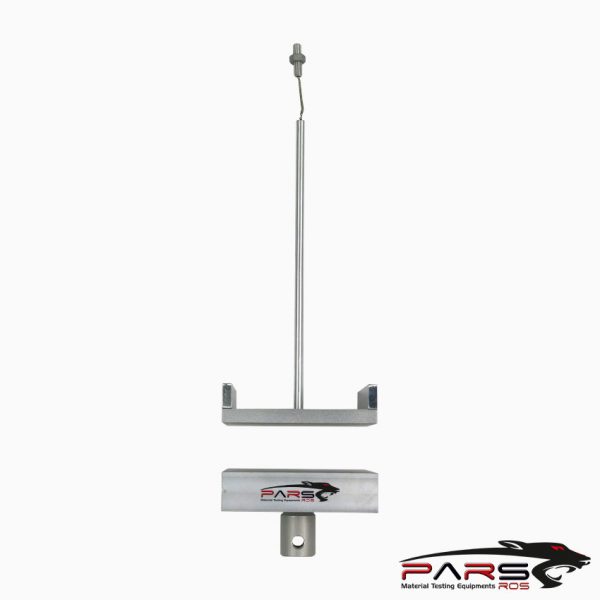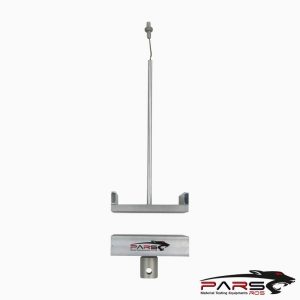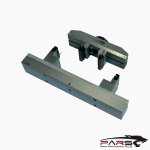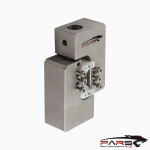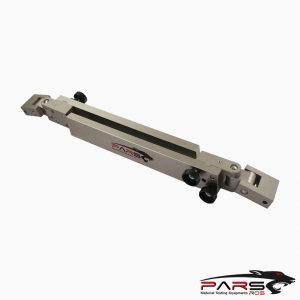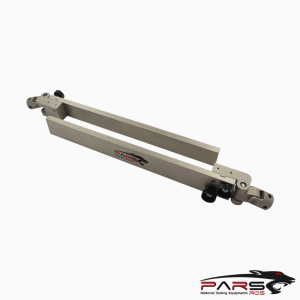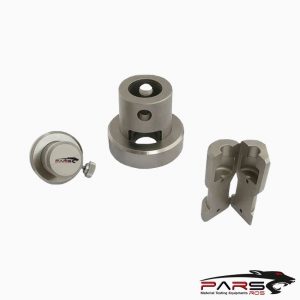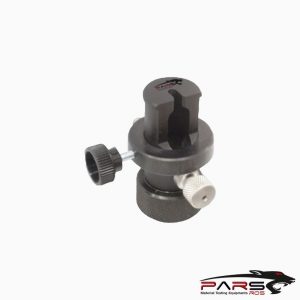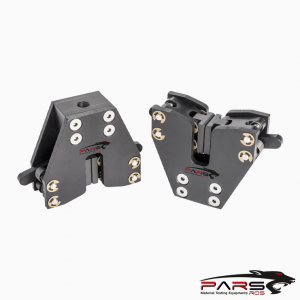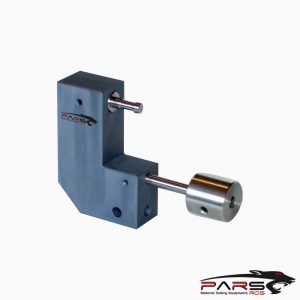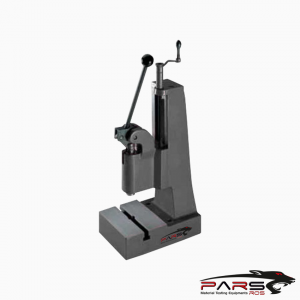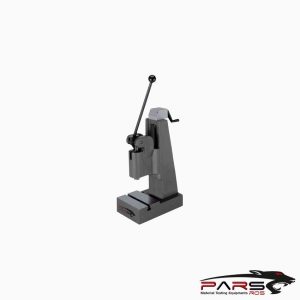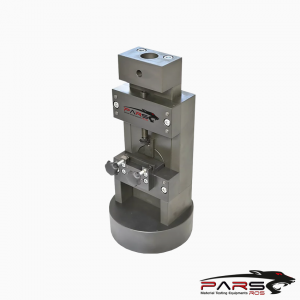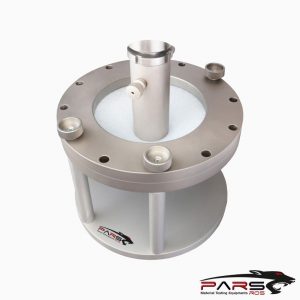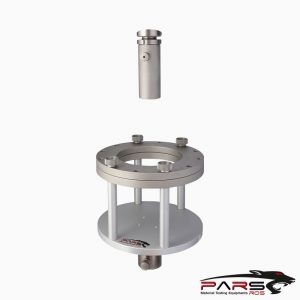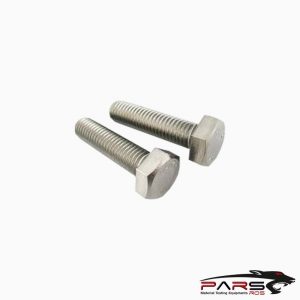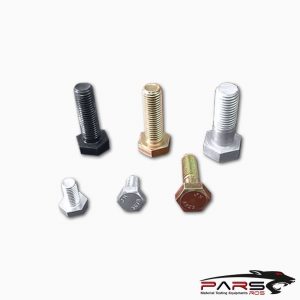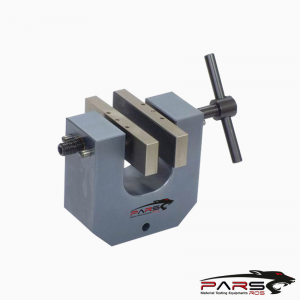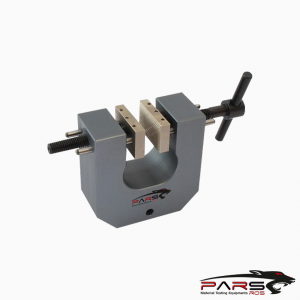ASTM D3354 – Standard Test Method for Blocking Load of Plastic Film by the Parallel Plate Method
ASTM D3354 – This test method yields quantitative information regarding the degree of blocking (unwanted adhesion) existing between layers of plastic film.
It is not intended to measure susceptibility to blocking.
By this procedure, the film-to-film adhesion, expressed as a blocking load in grams, will cause two layers of film with an area of contact of 100 cm2 to separate.
*** The test method is limited to a maximum load of 200 g.
Please Contact With Us For More Information
- Description
- TECHNICAL SPECIFICATIONS
Description
ASTM D3354 – Standard Test Method for Blocking Load of Plastic Film by the Parallel Plate Method
ASTM D3354 – This test method yields quantitative information regarding the degree of blocking (unwanted adhesion) existing between layers of plastic film.
It is not intended to measure susceptibility to blocking.
By this procedure, the film-to-film adhesion, expressed as a blocking load in grams, will cause two layers of film with an area of contact of 100 cm2 to separate.
*** The test method is limited to a maximum load of 200 g.
ASTM D3354 yields quantitative information regarding the degree of blocking (unwanted adhesion) existing between layers of plastic film.
Blocking develops in film processing and storage when layers of smooth film are in intimate contact with nearly complete exclusion of air.
Temperature, or pressure, or both, can induce or change the degree of adhesion of the surfaces.
For this test, the load cell should be placed on the bottom plate (with a dimension of 4.3’’ X 4.3’’).
Another geometrically similar plate will be placed over the bottom plate, hanging below the crosshead.
For the common Procedure B listed in the ASTM Standard Test Method for Blocking Load of Plastic Film by Parallel Plate Method, the crosshead will be lowered
until both plates are in contact.
The crosshead is then allowed to move at a rate of 5.1mm per minute until 1.9 cm separation between the plastic films or is stopped at 200g force between the
two plastic films, whichever comes first.
Referenced Documents
ASTM Standards
D618 Practice for Conditioning Plastics for Testing
D883 Terminology Relating to Plastics
E691 Practice for Conducting an Interlaboratory Study to Determine the Precision of a Test Method
***PARSROS offers several types of grips and fixtures which will enable you to perform a variety of tests
that are accurate and repeatable.
Please contact with our engineers so that we can find and offer Best Universal Tensile Test Machines , Grips , Jaws and Other Accessories for your operations


